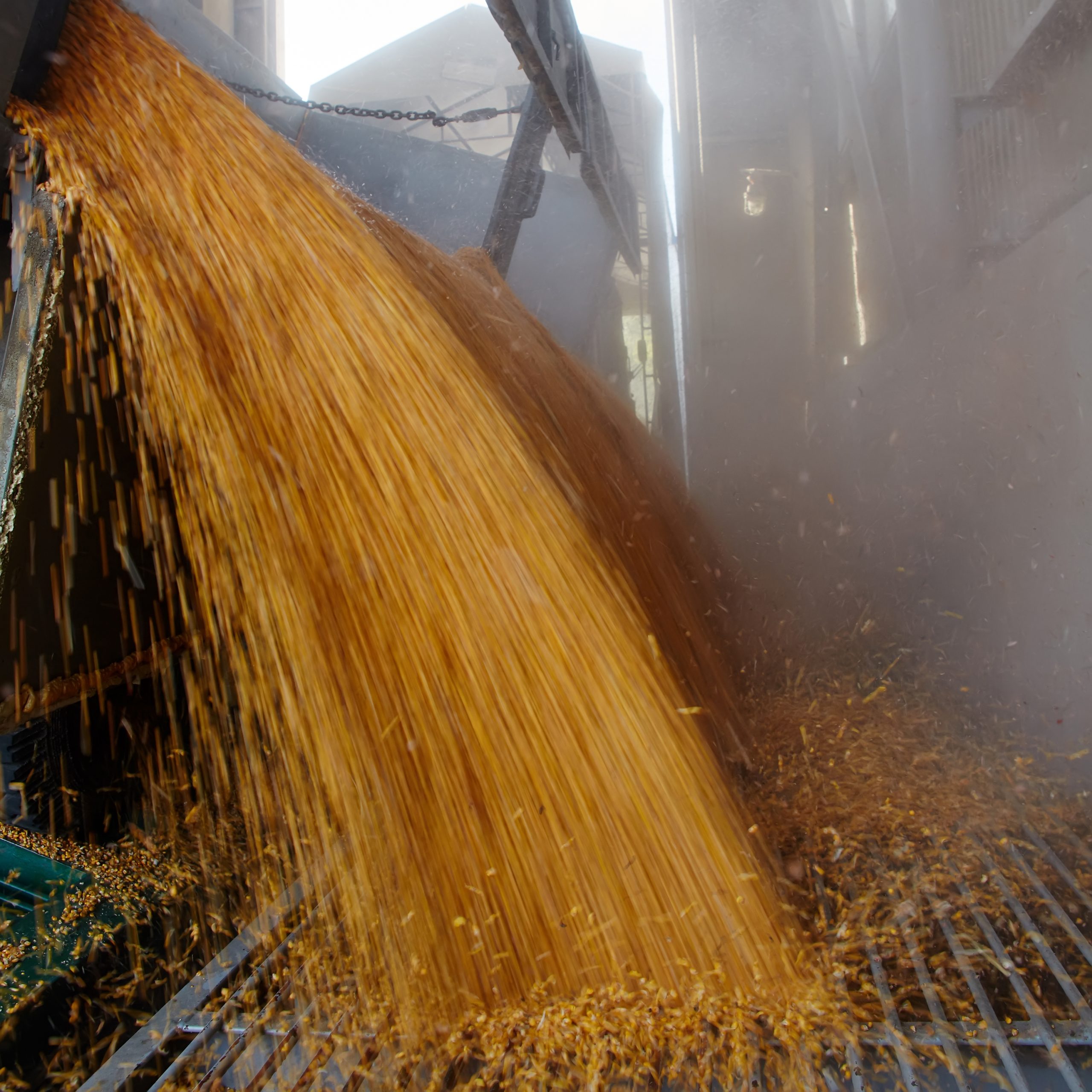Senate GOP offers its framework for an ag bill

A farm bill championed by Senate Republicans provides a safety net for grain producers and ranchers, key lawmakers contend.
Sen. John Boozman of Arkansas, the ranking member of the Senate Committee on Agriculture, Nutrition and Forestry, stated in a news release that the framework answers the call of helping farmers and ranchers.
“We believe that our framework reflects the chamber’s shared commitments across all 12 titles while putting more farm in the farm bill, something we’ve been calling for since the onset,” Boozman said. “Our farmers, ranchers, foresters, consumers, lenders and other stakeholders helped us fashion a farm bill that meets their varying needs. It’s a delicate balance … but on the agriculture committee, we have shown we can come together to carry these heavy lifts across the finish line.”
Stabenow glad to see ideas
U.S. Sen. Debbie Stabenow, a Michigan Democrat and chairwoman of the ag committee, said in a news release that getting ideas down will help the process.
“Now it is time to build upon the areas where we share common ground, of which there are many, and do the hard work of reaching a bipartisan compromise so we can finish our work,” Stabenow said.
U.S. Sen. Roger Marshall, a Republican from Kansas, said in a telephone interview that the GOP’s approach matches closely with what the House Agriculture Committee passed on a bipartisan vote, 33 to 21, in May. That bill is projected to cost $1.5 trillion over 10 years. In the interim he expects a one-year extension of the current 2018 farm bill.
Stabenow did not endorse the House measure, saying it makes significant cuts to the family safety net that millions of Americans rely on and walks away from progress made to address the climate crisis.
Her goal is to finish a farm bill by the end of the year.
Boozman: Economy has changed
“From the onset of this process, we have sought to draft a farm bill that reflects the needs of stakeholders,” Boozman said. “The world has changed dramatically since the 2018 bill became law, and the unprecedented challenges and economic uncertainty that farmers face now are only projected to get worse in the coming years.”
Boozman said the GOP proposal modernizes the farm safety net, facilitates the expansion of access to overseas markets, fosters breakthroughs in agricultural research and grows rural communities. The proposal makes a historic investment in conservation and protecting nutrition programs that help Americans in need, he said.
Marshall said the safety net for Supplemental Nutrition Assistance Programs will stay intact. The GOP plans to call on ways to reduce waste, but the farm bill in 2018 called for $60 billion a year for SNAP, and today the cost is $120 billion annually.
Conservation provisions
He is concerned about conservation programs that in western Kansas may not be feasible because regulations are tied to climate change policy preferred by Democrats who, as an example, are in favor of cover crops stipulations. Marshall said the requirements do not help farmers and ranchers whose operations are in more arid conditions.
Not meeting compliance, which could include air quality standards, means an inability to tap into Environmental Quality Incentives Programs.
Farmers and ranchers are conservationists, Marshall said. They want to do their job and make the world a healthier place, but they need flexibility.
Also, farmers and ranchers have consistently told senators they want to see more money put aside for crop insurance.
The Senate GOP proposal for the Title I programs adds 15% to the reference prices for crop insurance and also increases the limits, he said.
Much like homeowners who have seen rising insurance costs on their homes in recent years, farmers who use the Agriculture Risk Coverage and Price Loss Coverage face the same scenario, he said, and Congress needs to respond.
More research needed
Marshall said the highly pathogenic avian flu virus is a tangible example of why the federal government needs to increase funding for agricultural research through the land-grant university system and community colleges. He also said the bill would provide additional funds for child care, higher speed internet, rural economic development and addressing the mental health crisis.
Marshall said the GOP proposal also adds money for the Market Access Program and Foreign Marketing Development. Ag organizations have consistently said trade must be a priority. Marshall said President Joe Biden has “dropped the ball on trade.”
The U.S.-Mexico-Canada trade agreement forged under former President Donald Trump was a success story and has benefited Kansas farmers and ranchers because of exports to Mexico, he said.
Marshall believes the House and Senate will be able to work together to construct a farm bill that will be signed by the president.
Dave Bergmeier can be reached at 620-227-1822 or [email protected].



